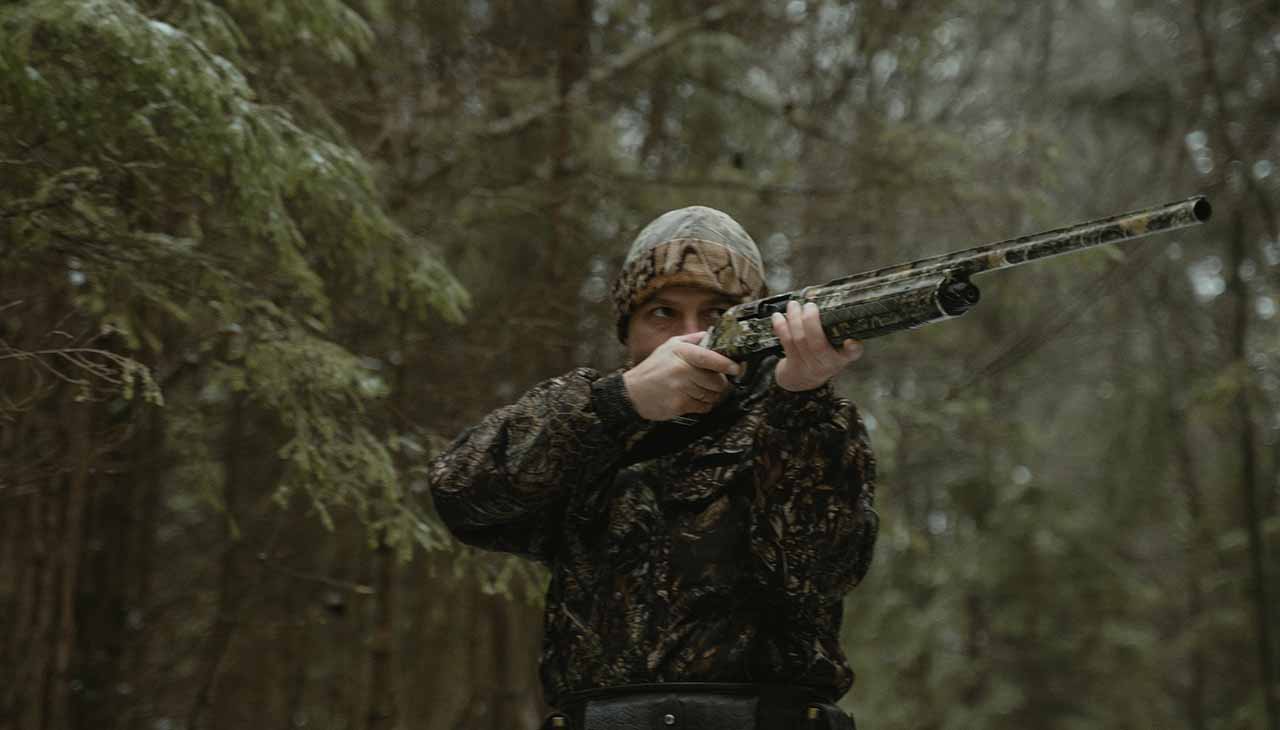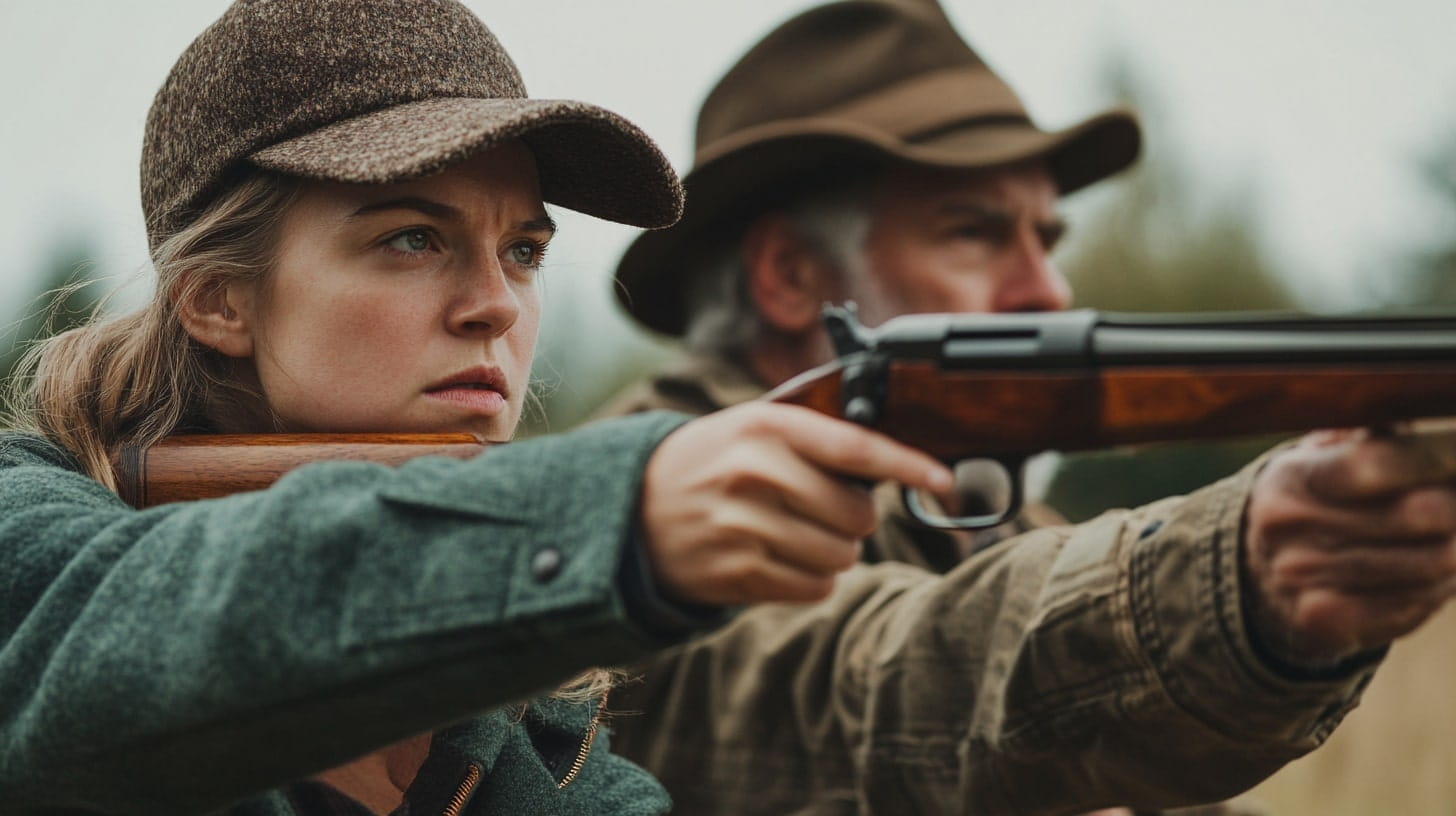Hunting, a practice as old as humanity itself, has evolved significantly over time. Once a survival necessity, it has largely turned into a leisurely pursuit or sport. This shift has raised ethical considerations and the question of the role hunting plays in conservation. As hunters and conservationists, we must strike a delicate balance between our passion for the sport and our responsibilities towards the environment and wildlife. This article aims to explore the ethical implications of hunting and its relationship with conservation efforts.
Understanding Hunting Ethics
Hunting ethics is an important aspect of responsible hunting and plays a vital role in conservation efforts. It involves adhering to a set of principles that ensure the humane treatment of animals and the preservation of ecosystems. Here are some key points to understand about hunting ethics:
- Definition of hunting ethics: Hunting ethics refers to a moral framework that guides hunters in their actions, emphasizing respect for wildlife, fair chase, and sustainable practices. It involves making ethical decisions regarding hunting methods, target selection, and the use of harvested animals.
- Principles of ethical hunting: Ethical hunters strive for a clean kill, meaning they aim to make a swift and humane kill to minimize suffering. They also follow hunting regulations and laws, report any violations, and practice safety measures to protect themselves and others.
- Respecting wildlife and ecosystems: Ethical hunters recognize the value of biodiversity and the interconnectedness of ecosystems. They conduct their activities with minimal disruption to natural habitats, avoid overhunting, and take measures to minimize their ecological footprint.
- Role of hunting in conservation efforts: Hunting can contribute to conservation by funding wildlife management programs through license fees and taxes on hunting equipment. This revenue supports habitat restoration, species research, and wildlife conservation initiatives.
- Wildlife management strategies: Ethical hunting aligns with wildlife management strategies aimed at maintaining healthy populations and ecosystem balance. This may include setting bag limits, implementing hunting seasons, and monitoring population dynamics to ensure sustainable harvests.
- Benefits of regulated hunting for the environment: Regulated hunting can help control wildlife populations, preventing overpopulation that can lead to habitat destruction and resource depletion. It can also assist in managing conflicts between humans and wildlife, reducing crop damage and protecting endangered species.
While hunting ethics and conservation go hand in hand, there are also challenges and controversies associated with hunting. These include debates around trophy hunting and concerns about overhunting. However, efforts are being made to promote responsible hunting practices through education, awareness programs, and supporting conservation organizations.
Conservation in Hunting
Conservation is a cornerstone of responsible hunting. It is the proactive management of wildlife and natural resources to preserve and enhance them for future generations. Here’s how conservation is intrinsically linked with hunting:
- Sustainable hunting practices: Conservation-minded hunters support sustainable practices. They understand the importance of hunting only during specific seasons, respecting bag limits, and targeting certain species to maintain healthy wildlife populations.
- Habitat preservation: Hunters often contribute to habitat preservation efforts either directly through volunteer work or indirectly through funding conservation organizations. Healthy habitats are crucial for the survival and proliferation of wildlife species.
- Population Control: Hunting aids in controlling wildlife populations. Overpopulation can cause significant damage to ecosystems and contribute to the spread of disease among wildlife. By targeting certain species, hunters can help balance the ecosystem and prevent such issues.
- Economic Contributions: The funds derived from hunting licenses, permits, and taxes on hunting equipment provide significant financial support for wildlife conservation efforts. These contributions are instrumental in funding conservation programs, research studies, and initiatives that aim to protect and restore wildlife habitats.
- Education and Advocacy: Hunters, being in close touch with nature, often serve as advocates for conservation. They educate others about the importance of conservation, the role of hunting in it, and the need to respect and preserve natural ecosystems.
Conservation in hunting is not just about preserving the game species but the entire ecosystem. It is a commitment to the stewardship of nature, ensuring that the joy and benefits of hunting can be experienced by future generations. A hunter who values conservation is a guardian of nature, playing an active role in sustaining the health of our planet.
Challenges and Controversies
Despite the potential benefits of hunting in conservation, it is not without its challenges and controversies. These often revolve around issues of ethics, sustainability, and the impact on wildlife populations. Let’s delve into some of the key challenges and contentious points:
- Trophy Hunting: This form of hunting, where animals are killed for their body parts such as horns or skin, is a contentious issue. Critics argue that it encourages the killing of animals for vanity rather than conservation. However, some proponents suggest that trophy hunting can provide much-needed revenue for conservation efforts if managed properly.
- Overhunting and Poaching: Overhunting can lead to the depletion of certain species, disrupting ecological balance and biodiversity. Poaching, or illegal hunting, poses an even greater threat to endangered species. Strict regulations and enforcement are required to prevent these practices.
- Impact on Ecosystems: If not properly managed, hunting can disrupt ecosystems, affecting predator-prey relationships and leading to overpopulation or extinction of certain species.
- Animal Rights and Welfare: Some people oppose hunting based on ethical considerations, believing that animals have a right to live free from harm. They question the morality of killing animals for sport or food.
- Cultural and Social Factors: Hunting practices can also come under scrutiny due to cultural and social factors. In some communities, hunting traditions are deeply rooted and carry significant cultural importance, while in others, hunting is viewed negatively.
These challenges underscore the need for responsible and ethical hunting practices. While hunting can play a role in conservation, it is essential to ensure that it does not negatively impact wildlife populations and biodiversity. The debate surrounding hunting underscores the complexity of conservation efforts and the need for a balanced approach that respects the rights of animals, ecosystems, and diverse cultural practices.
Promoting Responsible Hunting
Promoting responsible hunting is crucial for the conservation and sustainability of wildlife populations and ecosystems. Here are some ways to encourage responsible hunting practices:
- Education and Awareness: Raising awareness about the importance of hunting ethics, conservation, and sustainability can go a long way in promoting responsible hunting. This can be achieved through workshops, seminars, online courses, and educational materials.
- Supporting Conservation Organizations: Many conservation organizations work tirelessly to protect wildlife and their habitats. Supporting these organizations can help fund research, conservation initiatives, and educational programs that promote sustainable hunting.
- Regulation and Enforcement: Strict regulations and enforcement are necessary to prevent unethical hunting practices such as poaching and overhunting. This includes implementing hunting seasons, setting bag limits, and imposing penalties for violations.
- Promoting Sustainable Practices: Encouraging hunters to follow sustainable practices such as hunting only during specific seasons, respecting bag limits, and targeting certain species is crucial for wildlife conservation.
- Harnessing Technology: Technology can play a crucial role in promoting responsible hunting. For instance, GPS tracking can help monitor animal populations and movements, helping authorities to manage hunting sustainably.











